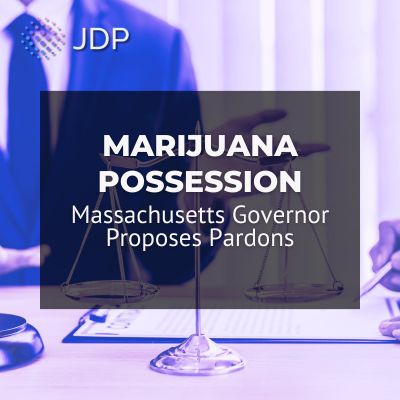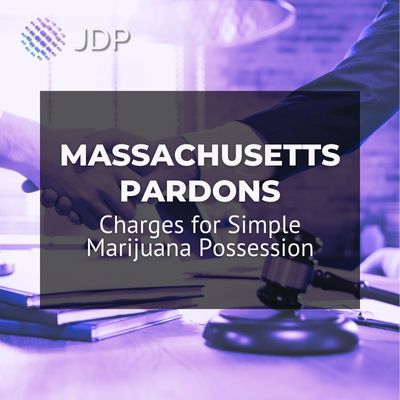

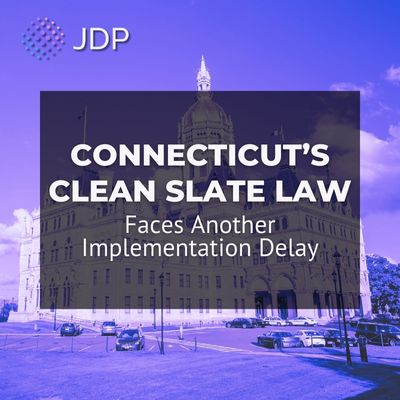
Connecticut’s Clean Slate Law Faces Another Implementation Delay

DOJ Settles I-9 Case With Security Service Provider
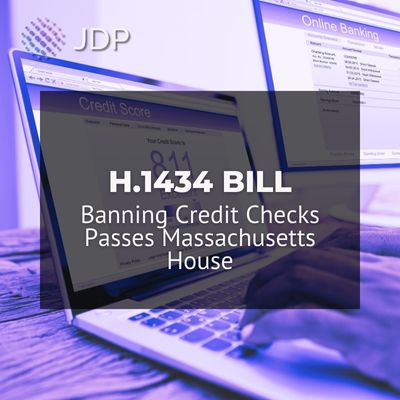
H. 1434 Bill Banning Credit Checks Passes Massachusetts House
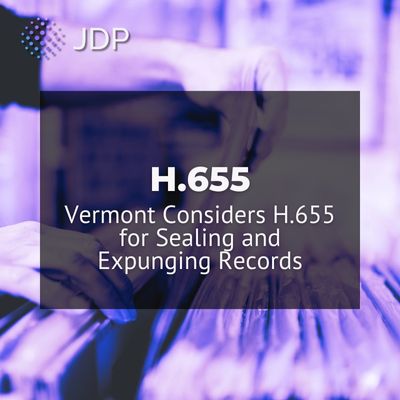
Vermont Considers H.655 for Sealing and Expunging Records
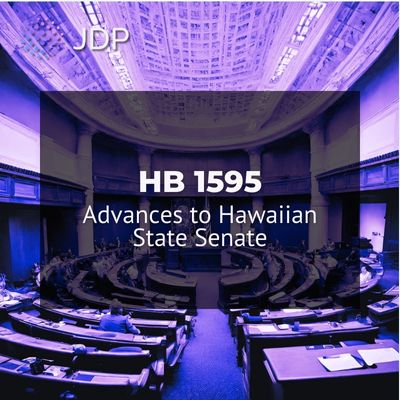
HB 1595 Advances to Hawaiian State Senate

Marijuana Convictions Could See Expungement Expansions in Maine
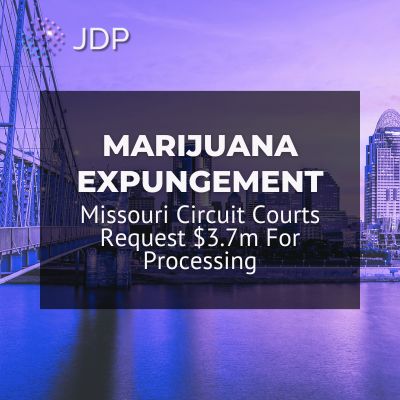
Missouri Circuit Courts Request $3.7m For Processing Marijuana Expungements

Cincinnati City Council Considers Expungement Proposal
